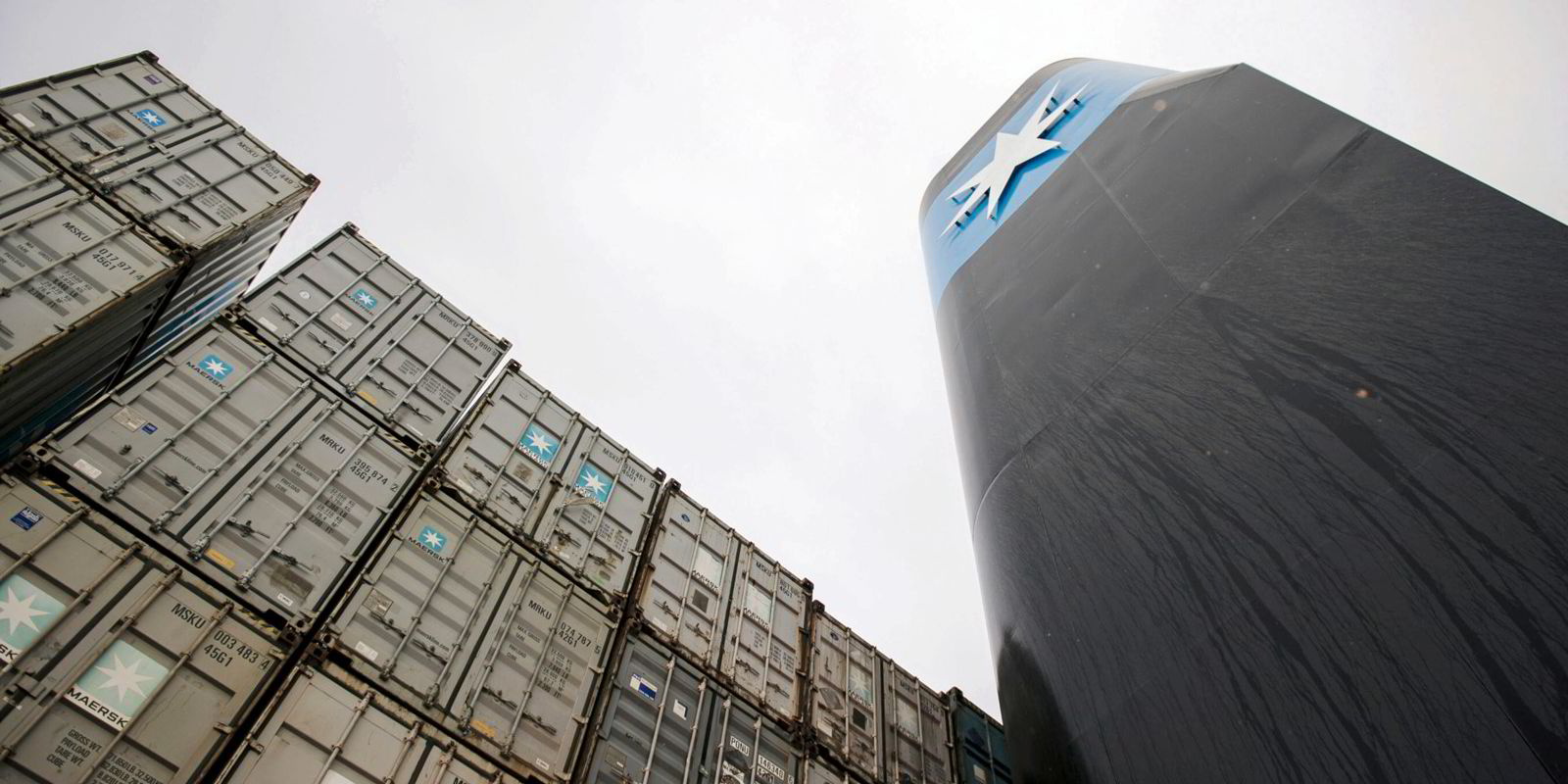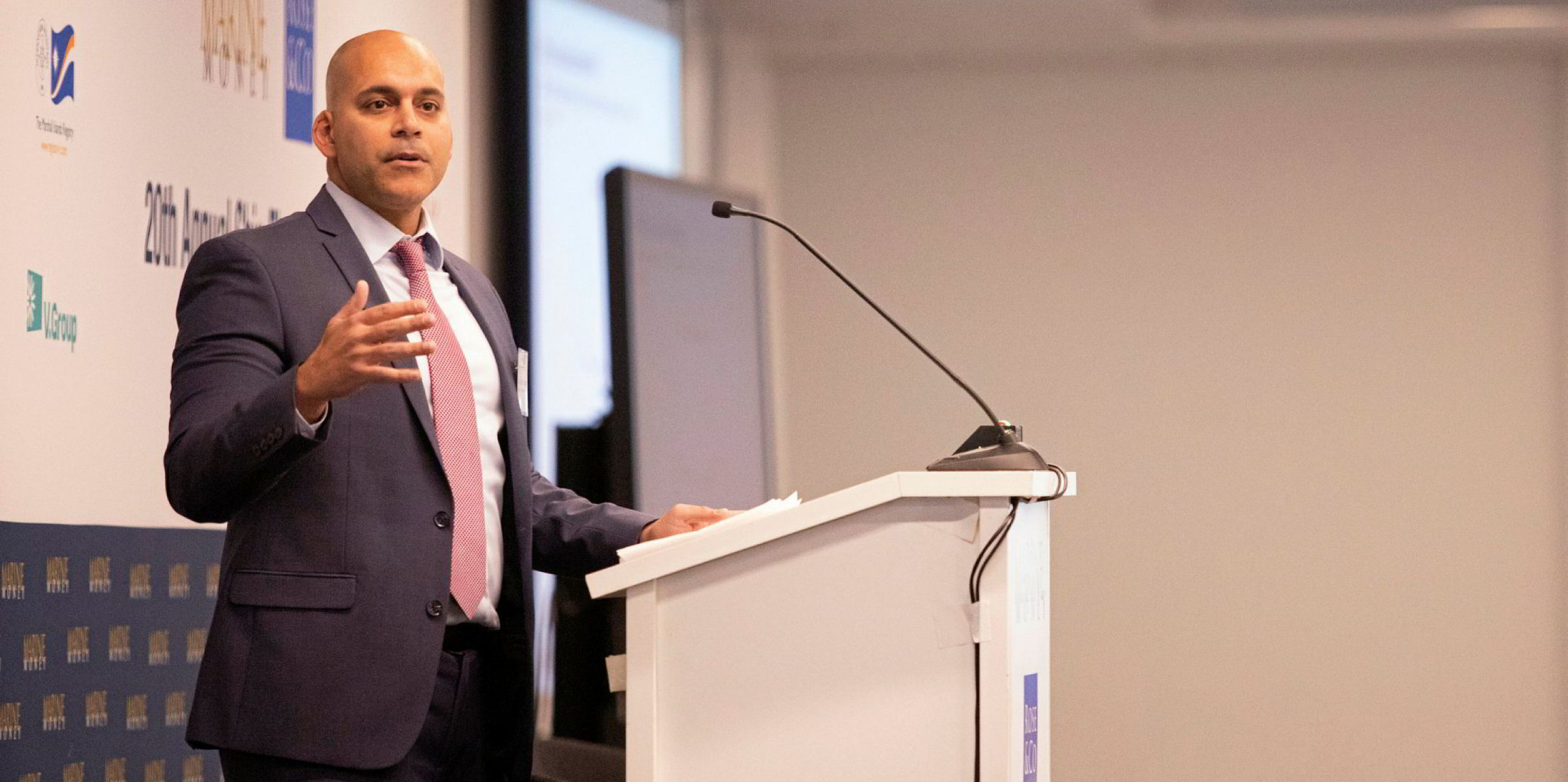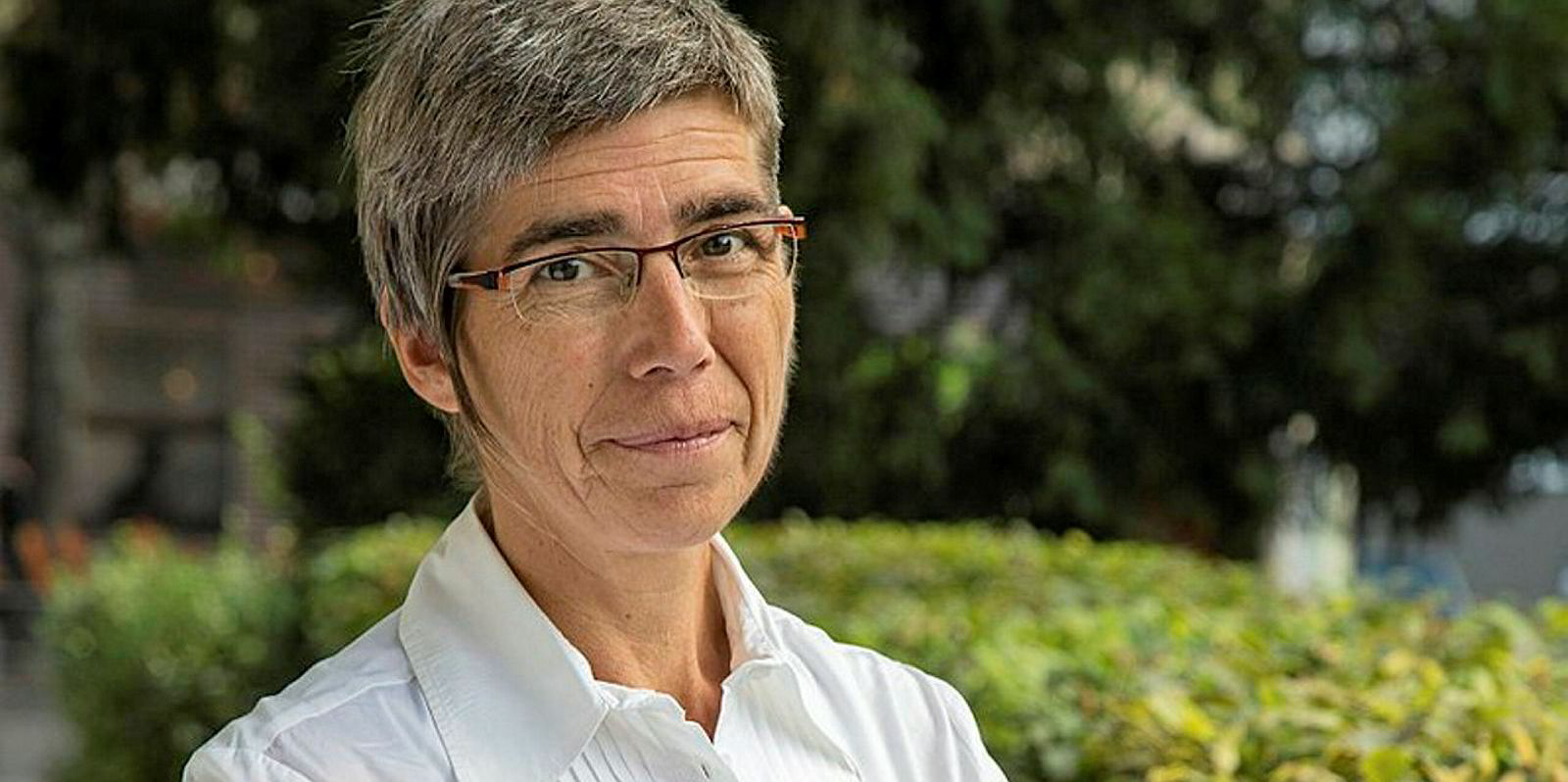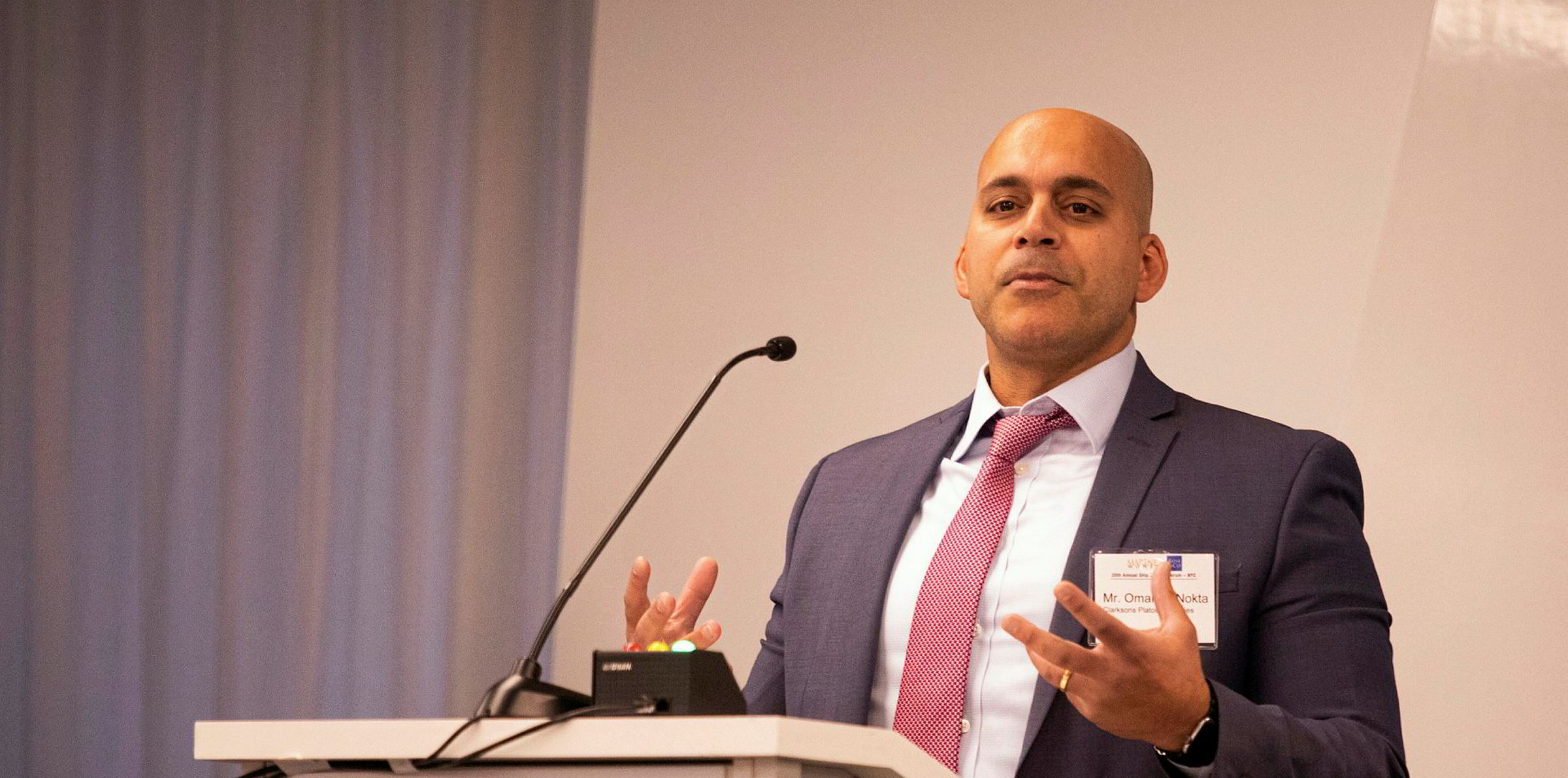European liner companies have called on Brussels to limit the scope of its plans for a carbon market for shipping, paving the way for a showdown with green lobbyists.
During the European Union consultation process, liner operators and environmentalists presented opposing views on how carbon emissions from maritime transport should be included in the European emissions trading system (ETS).
The CO2 emitted on all voyages to, from and between European Economic Area (EEA) ports is taken into account by the EU’s emissions monitoring, reporting and verification regime.
But CMA CGM and AP Moller-Maersk said the ETS should cover only voyages between EEA ports, to avoid trade conflicts with non-European countries.
Patchwork
“The establishment of a system with a broad extraterritorial reach could raise trade tensions [and] induce additional costs to long voyages into the EU,” French boxship giant CMA CGM said in its filing to the European Commission, the EU’s executive arm.
“It could also encourage unilateral measures from other nations, thus leading to a complicated patchwork of regulation.”
Sharing a similar view, Cruise Lines International Association Europe (CLIA Europe) said an ETS for shipping “should be limited ... to minimise political tension with third countries, which could lead to trade disputes and discriminatory measures against EU vessels by other jurisdictions”.
The liner operators also suggested that the EU provide free allowances to the shipping industry for some portions of vessel emissions, at least initially.
“Some free allocation of allowances should be granted,” CMA CGM urged. “Full auctioning of allowances would considerably increase costs for the industry.”
CLIA Europe said: “A phase-in period will be necessary to provide investment signals and allow learning from participants ... During the first phase, only a certain part of a ship’s emissions should be covered.”
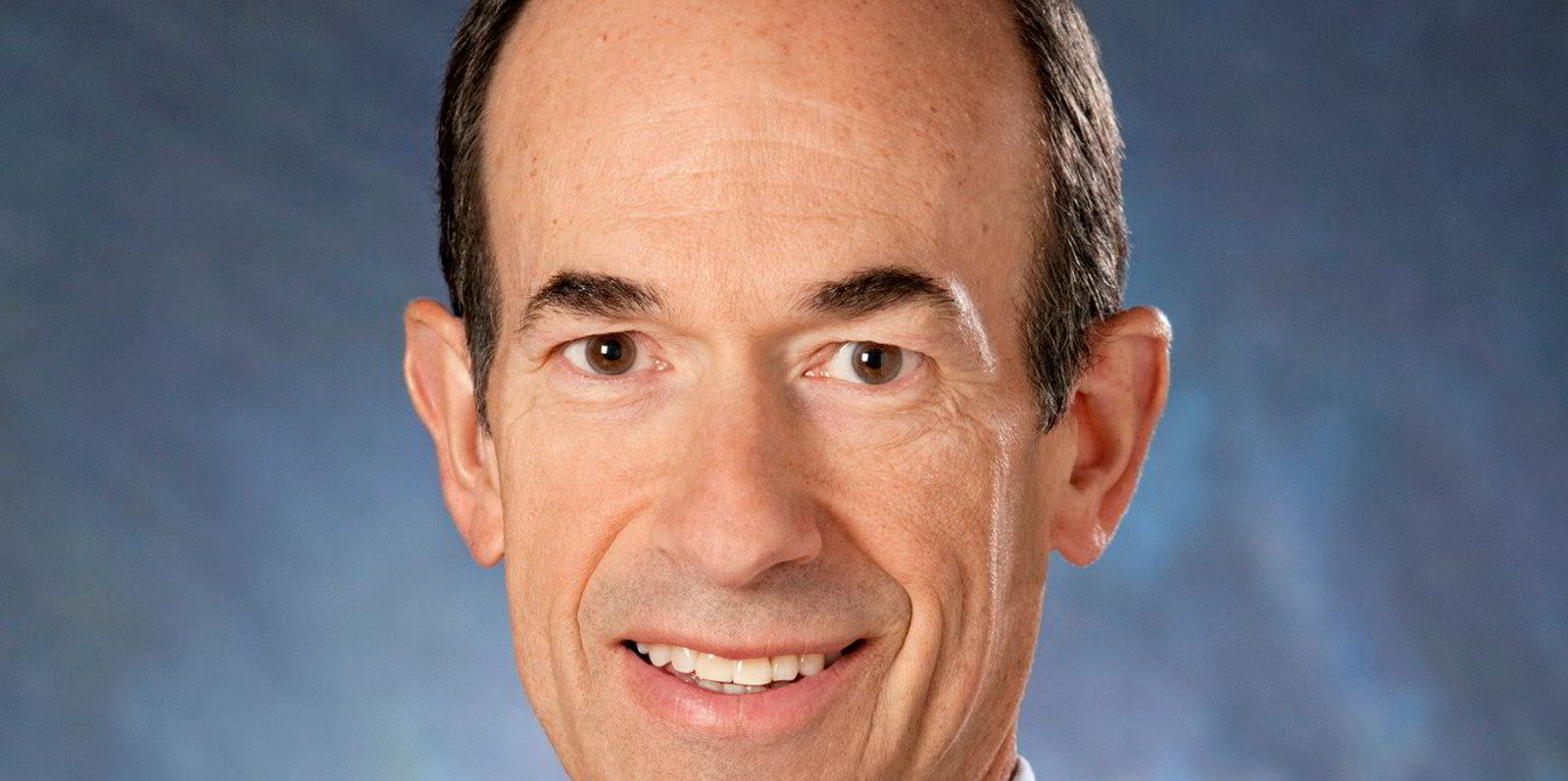
Denmark’s Maersk, which owns the world’s largest boxship fleet, said the EU should hand out free allowances to “higher performers” that have improved their energy efficiency since 2008.
“It is crucial that the allocation of allowances is based on the fleet of an operator rather than individual vessels,” it added.
“This would enable fleet optimisation, which allows shipowners to prioritise the most cost-effective emissions reduction investments and incentivise the largest [extent] of green investments.”
The EC should “take into account the special characteristics of the shipping industry ... much like it has done for the aviation sector”, according to Maersk.
In the early 2010s, airlines and major economies outside Europe persuaded the EU to water down its regulation on emissions from flights in the ETS.
The European carbon market only covers intra-EEA flights, and airlines enjoy large amounts of free allowances.
Aviation received free allowances worth €810m ($980m) and paid €900m for its emissions in the ETS last year, Transport & Environment (T&E) estimated.
The environmentalist group told the EC that the carbon market should cover all voyages to, from or between any EEA ports, as carbon emissions in intra-Europe trade account for only 38% of all EU-related maritime emissions.
Brussels should also provide no free allowances to shipping “as the sector has already benefited from a decade-long grace period ... and CO2 costs can easily be passed through to the final consumers”, T&E said.
The commission is due to present the final proposal for an ETS for shipping by next July.
